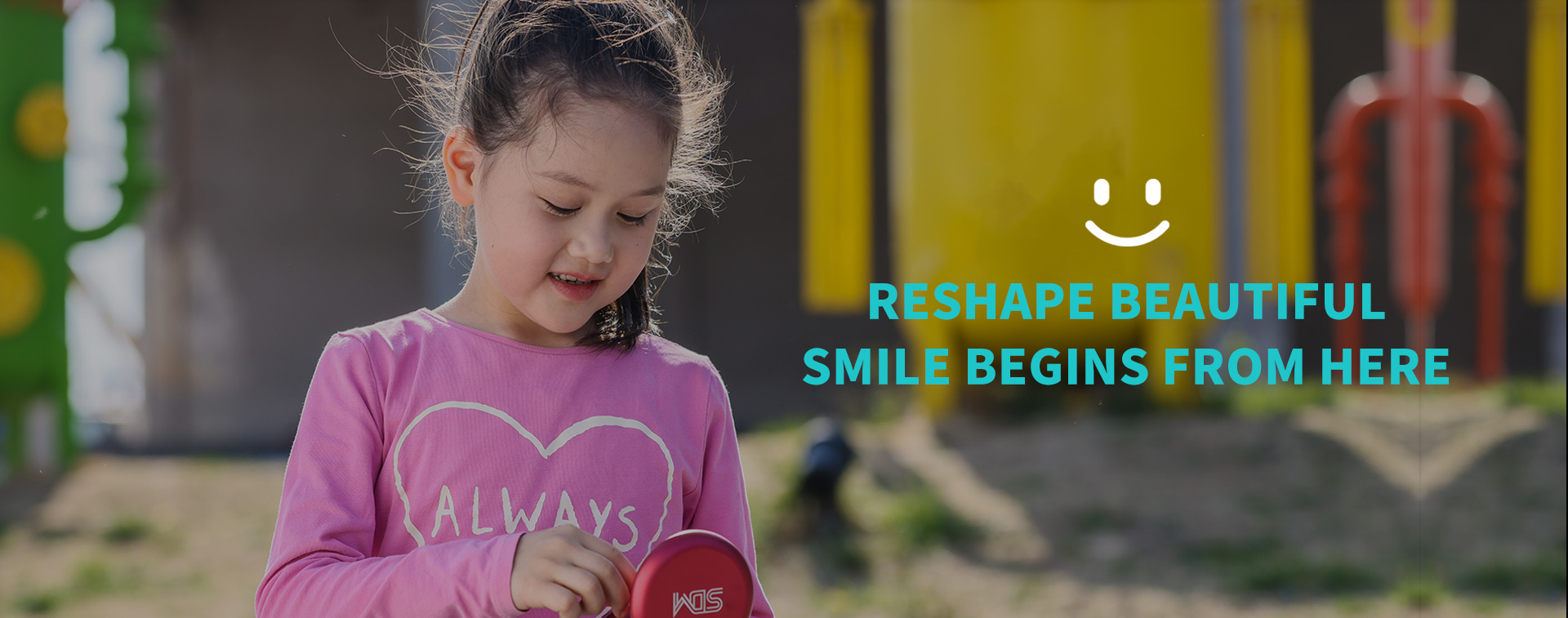-

 deep coverage
deep coverage -

 underjaw
underjaw -

 partial jaw
partial jaw -

 Sparse dentition
Sparse dentition -

 open jaw
open jaw -

 crowded teeth
crowded teeth -

 Overbite
Overbite
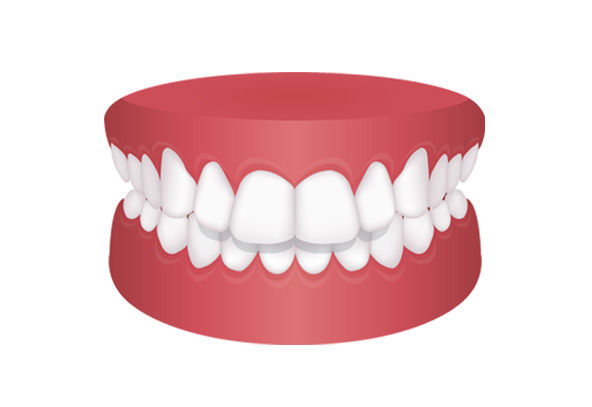
Click the case type to view more
What is deep coverage?
Deep coverage (commonly known as buck teeth) is a condition in which the upper teeth overly cover the lower teeth. Slight deep coverage is present in most people.
What are the effects of deep tooth coverage?
1. The occlusion between the upper and lower rows of teeth is not enough, and it is easy to form gingival tissue atrophy.
2. Improper arrangement of teeth, difficult to clean, and easy to cause various diseases of the oral cavity.
3. It affects the aesthetics of the maxillofacial area. From the side view, the mouth is protruding and the face looks uncoordinated, which brings serious psychological impact to the patient.
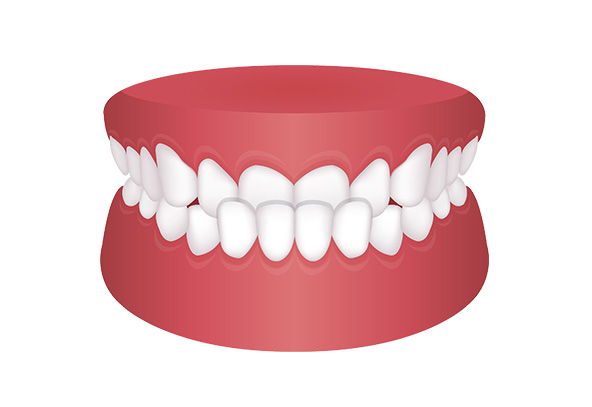
Click the case type to view more
What is underbite?
Underbiterefers to the situation where the lower front teeth extend beyond the upper front teeth when the mouth is closed. Typically, this is caused by an overprotrusion of the mandible.
What are the effects of underbite?
1. Change the patient's appearance, affect the patient's facial appearance,
2. It can lead to abnormal occlusion of the teeth, and in severe cases, it may also affect the patient's eating.
3. During normal physiological movement, the movement of the mandible of the lower jaw will cause collisions between the upper and lower teeth invisibly, and these collisions will then cause damage to the roots of the teeth.
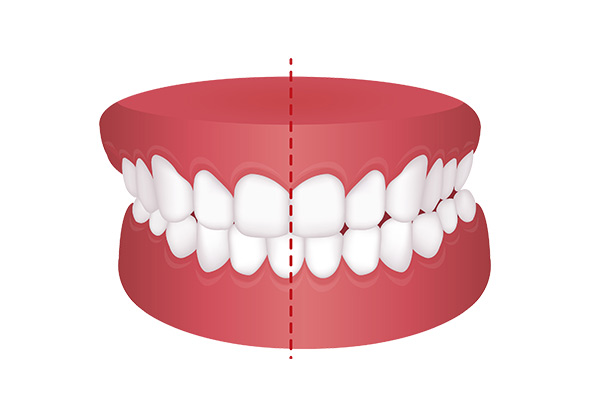
Click the case type to view more
What is a partial jaw?
Refers to the incongruity of the lateral relationship between the upper and lower jaws and the inconsistency of the midline of the teeth.
What are the effects of tooth misalignment?
1. Make the face asymmetrical, cause the developmental deformity of the facial contour, and affect the beauty of the face.
2. The midline of the teeth is misaligned, the occlusal relationship is disordered, and the occlusion is difficult, which hinders the teeth from cutting and biting food, which leads to the decline of the oral chewing function and causes damage to the body.
3. It will affect the facial appearance and bring certain psychological problems to the patient.
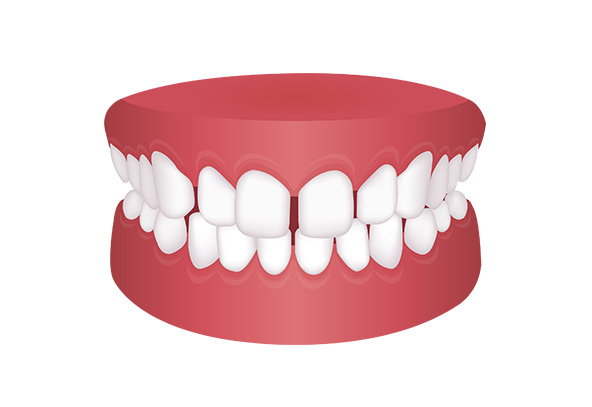
Click the case type to view more
What is sparse dentition?
When there is extra space between two or more teeth, doctors call it thinning.
What are the effects of dentition thinning?
1. Patients with sparse teeth are often nicknamed and criticized by others, which can easily damage people's self-esteem.
2. The abnormal occlusion makes the facial muscles easy to fatigue, and it can also cause temporomandibular joint disease, which makes the joints make a snapping sound when the mouth is opened and closed, and it will cause symptoms such as pain after a long time.
3. The chewing function is reduced, which increases the burden on the gastrointestinal tract, which is easy to cause indigestion or gastrointestinal diseases, and is detrimental to physical health.
4. Affect pronunciation function. Severe mandibular retraction can affect normal breathing, and severe mandibular protrusion can cause abnormal swallowing.
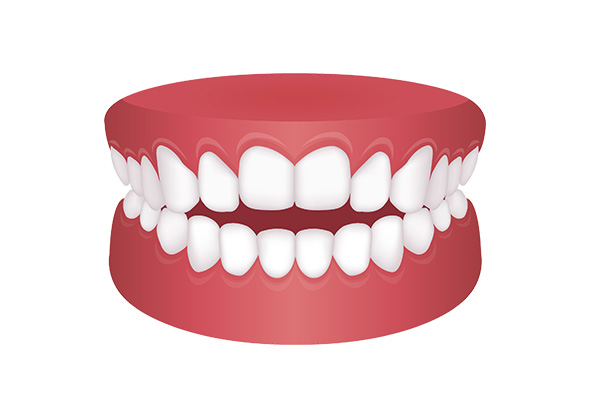
Click the case type to view more
What is jaw opening?
When the mouth is closed, there is no occlusal contact between the upper teeth and the lower teeth.
What are the effects of open teeth?
1. Causes the uncoordinated movement of facial muscles, which will lead to changes in face shape for a long time and affect the appearance of the face.
2. The masticatory function declines, and patients with anterior open bite may have incisors unable to make occlusal contact under normal occlusal conditions. In patients with open bite, the chewing ability of the big teeth at the back is reduced, resulting in a weak bite and unable to bite things, and can only swallow dates whole, which leads to digestive system diseases.
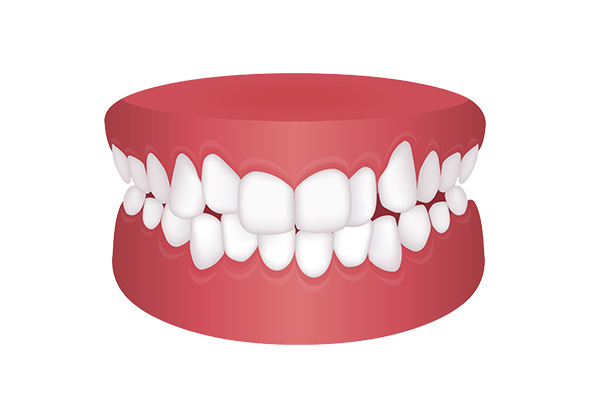
Click the case type to view more
What is crowded teeth?
Crowding is a condition in which there is not enough space in the jawbone to properly accommodate all of the teeth. Teeth can crowd, overwrite, and twist out of position, and sometimes move back and forth.
What are the effects of crowded teeth?
1. It leads to the accumulation of food residues, which makes the teeth difficult to clean, and easy to form bacteria and soft scales, thus causing the incidence of some dental diseases such as dental caries.
2. It affects the development of the upper and lower dental arches and jaws, resulting in more and more serious deformities, which affects the appearance of the face.
3. It affects the occlusion of the upper and lower teeth, which can easily affect the masticatory function, thereby reducing the chewing efficiency and affecting the digestion of food, which can cause indigestion and gastrointestinal disorders.
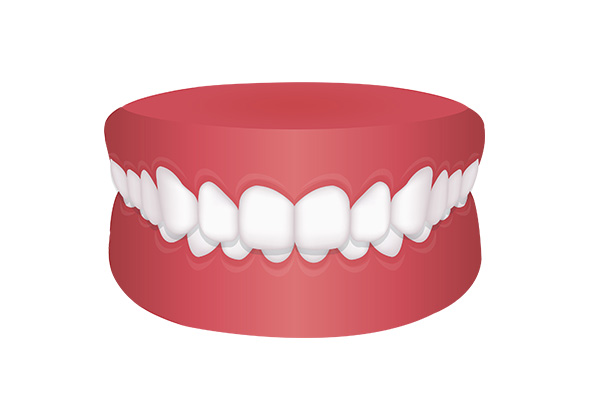
Click the case type to view more
What is a deep overbite and why should it be corrected?
The upper front teeth cover more than 1/3 of the lower front teeth crown.
What are the effects of overbite teeth?
1. Damage to the temporomandibular joint
2. If the upper and lower teeth bite on the gingival margin of the contralateral tooth neck, it is prone to traumatic ulcers.
3. Severe deep occlusion will cause the mandibular teeth to bite the maxillary gums during occlusion, causing pain, redness and swelling, resorption of the upper alveolar bone, leading to symptoms such as periodontitis.
4. Overbite teeth will shorten the lower face, which will affect the appearance of the face.

